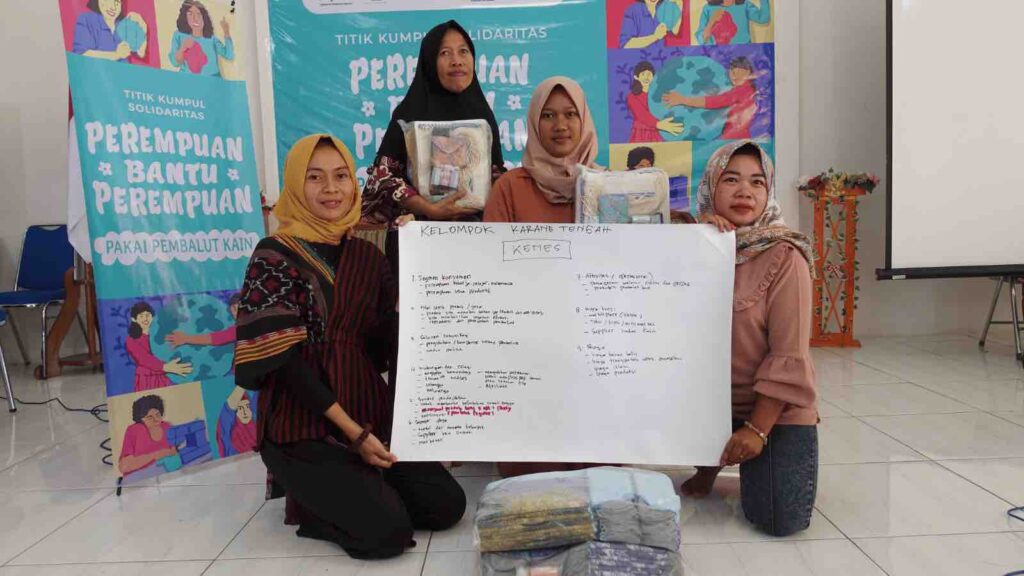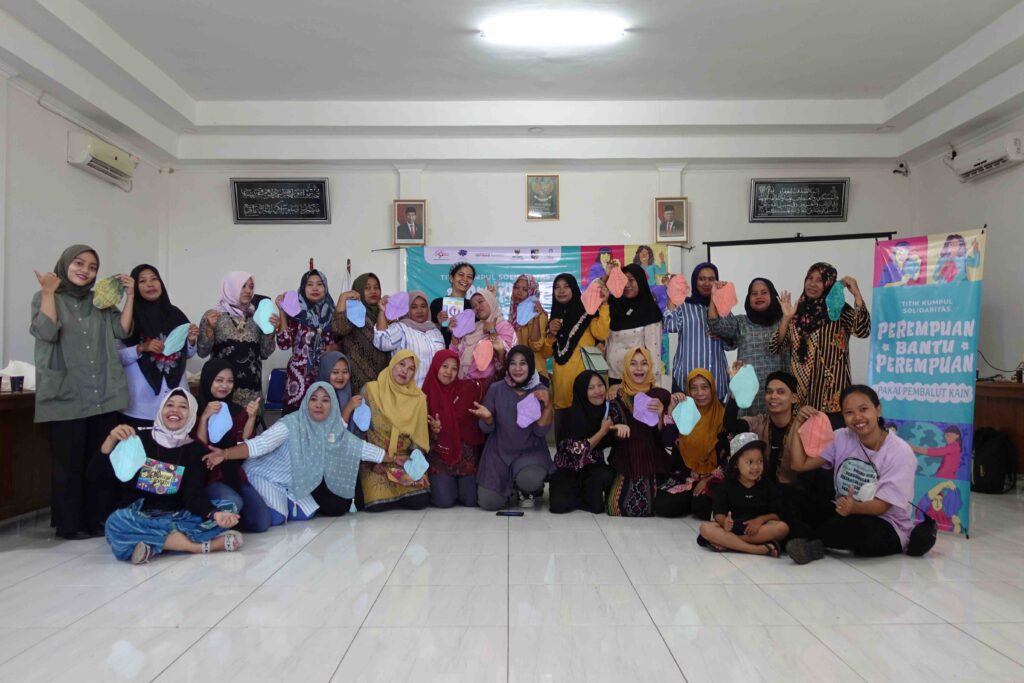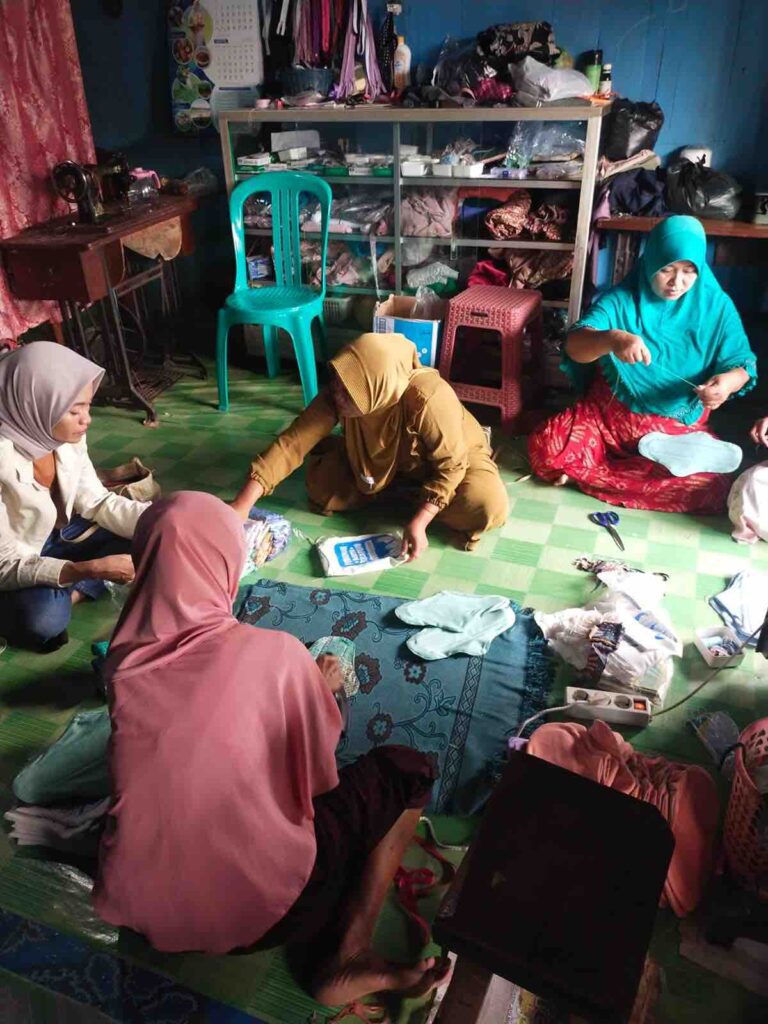The Puspita Bahari Women’s Association of Demak, in collaboration with Biyung Indonesia, has initiated the Perempuan Bantu Perempuan Pakai Pembalut Kain” campaign to tackle period poverty.
In the picturesque coastal region of Demak, Central Java, lies a community faced with numerous challenges—the Puspita Bahari Women Fishermen Community. Three villages and four hamlets along the coast face threats from land subsidence, coastal erosion, and haphazard development, all leading to floods during high tides and geographical isolation. Amidst these hardships, the community’s economic situation becomes uncertain, making it even more difficult to meet their daily needs, including essential reproductive health requirements.
RELEVANT SUSTAINABLE GOALS
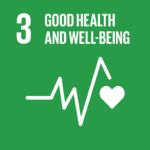
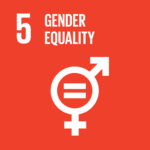
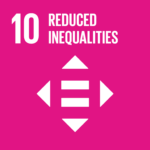
Perempuan Bantu Perempuan Pakai Pembalut Kain
One particularly pressing issue that often goes unnoticed is “Period Poverty,” affecting the women and young girls of this fishing community. During their periods, these women and young girls struggle to access menstrual pads. This shortage impedes their daily activities and raises sanitation issues, particularly when it comes to the disposal of single-use pads.
Addressing this challenge head-on, the Puspita Bahari Women’s Association of Demak, in collaboration with Biyung Indonesia, has initiated the Perempuan Bantu Perempuan Pakai Pembalut Kain” campaign (English translation: “Women Support Women with Cloth Menstrual Pads”). This groundbreaking initiative focuses on providing education on healthy menstruation practices, conducting workshops on making reusable cloth pads, and distributing eco-friendly cloth pads to 500 women and young girls in the coastal region of Demak.
The program’s timeline is as follows: On July 11-12, 2023, an educational workshop on healthy menstruation practices and a training session on crafting cloth pads were held in Demak. Subsequently, from July 13 to July 31, 2023, the women in the coastal communities were actively involved in producing the cloth pads, empowering them economically through their newfound sewing skills.
The first phase of distribution has commenced, fueled by the generous contributions collected. A total of 660 cloth pads, a significant stride towards the target of 2,000, are ready for distribution. These pads are earmarked for 220 extraordinary women, making headway towards the ambitious goal of aiding 500 women across five vibrant communities:
- Morodemak’s Puspita Bahari, 132 pieces
- Purworejo’s Puspita Bahari, 132 pieces
- Jogoloyo’s Waste Bank & Paralegals, 132 pieces
- Timbul Sloko Coastal Community, 132 pieces
- Karang Tengah Coastal Community, 132 pieces.
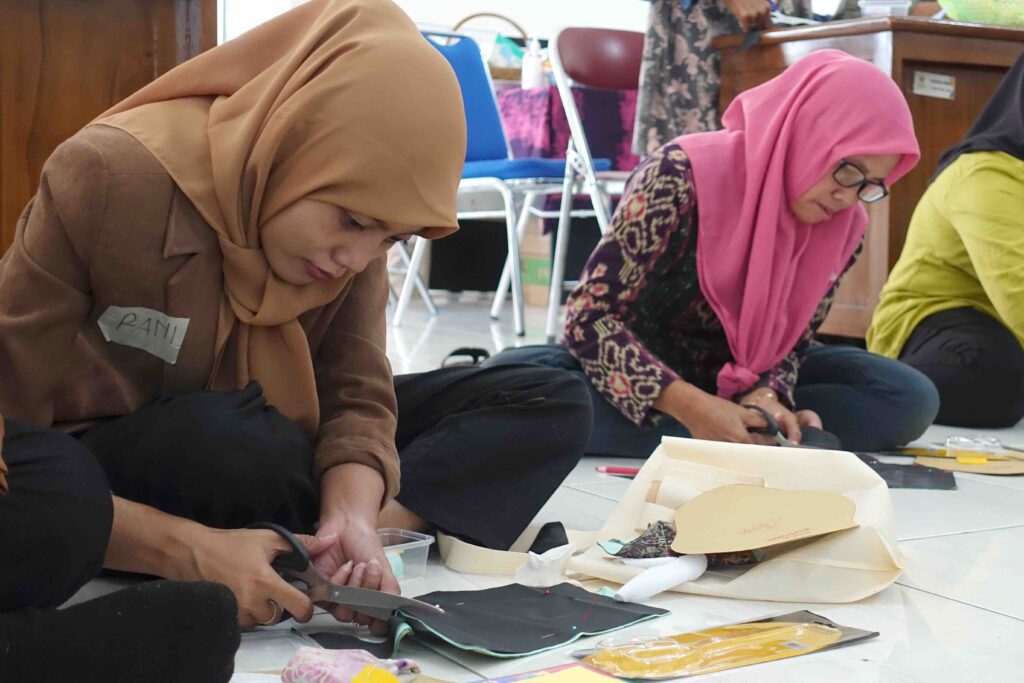
The first phase of distribution has commenced, fueled by the generous contributions collected. A total of 660 cloth pads, a significant stride towards the target of 2,000, are ready for distribution. These pads are earmarked for 220 extraordinary women, making headway towards the ambitious goal of aiding 500 women across five vibrant communities:
By training four local facilitators and empowering 30 women to become skilled artisans in making cloth menstrual pads, this program not only addresses period poverty but also creates new opportunities for income generation and self-sufficiency among the women in these fishing communities.
The impact of the “Women Support Women with Cloth Menstrual Pads” Program is profound. Over the next four years, the 220 women and young girls in Demak’s coastal region are projected to save up to Rp. 264,000,000, which would have otherwise been spent on disposable pads. Furthermore, this initiative prevents over 211,200 pieces of single-use pads from contributing to waste during the same period, thereby actively supporting environmental preservation efforts in the coastal area of Demak.
The extend and strengthen the program’s impact, support from various stakeholders is crucial. By participating in this initiative, we collectively contribute to healthier, more empowered, and prosperous lives for women and young girls in Demak’s coastal communities. Moreover, this program plays a vital role in rehabilitating and conserving the fragile coastal environment.
The Puspita Bahari Women’s Association is dedicated to empowering women fishermen in the coastal region of Demak. Their activities include providing education to women and young girls through the “S3” program (Social Awareness School), which covers topics such as law, advocacy, public services, women and child protection, environmental preservation, and waste management.
Additionally, Puspita Bahari undertakes economic empowerment activities, such as the processing of a variety of marine products, including fish crisps, crispy fish/shrimp, fish/shrimp floss, fish/squid crackers, and shrimp paste. These products, produced by women fishermen, help reduce the incidence of violence and poverty experienced by women in the coastal region of Demak.
Switching the narrative, Biyung Indonesia takes a focused stand against period poverty in the nation. Through their compelling “Women Support Women with Cloth Menstrual Pads” program, the organization not only fights a common injustice but propels an advocacy for healthier menstruation practices. Utilizing the reach of social media and the intimacy of community workshops, they are at the frontline of spreading essential awareness on menstrual health. Beyond that, Biyung Indonesia bolsters an ever-strengthening network, determined to provide free cloth pads to the most vulnerable – women, young girls, and individuals in need.
By empowering women through education and sustainable practices, the “Women Support Women with Cloth Menstrual Pads” program aspires to foster a more compassionate and empathetic society that respects and recognizes the experiences and needs of women and young girls. Together, let us rally behind this initiative and create positive change for these communities and the environment they call home.
You may also be interested in :
The Many Faces of Period Poverty In Asia : Contrasting Urban and Rural Realities


